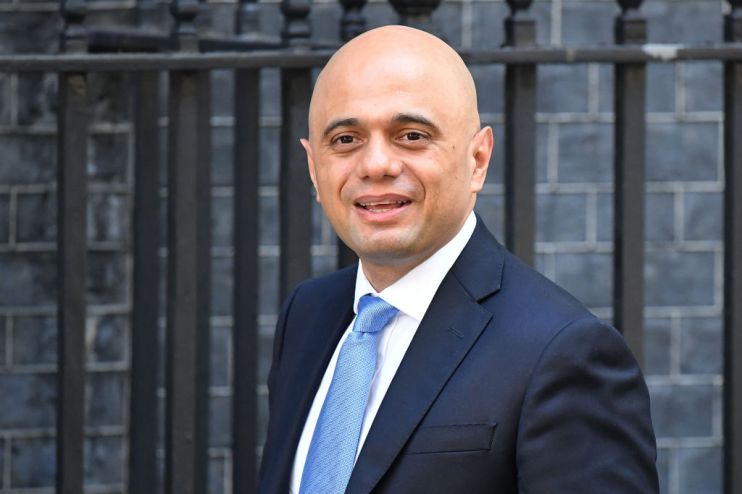Former banker Sajid Javid’s first job as chancellor? To stand up to Boris Johnson

Analysts at Deutsche Bank triggered sighs across the City yesterday with an attempt to coin the term “Borisnomics”.
The portmanteau, as clunky as the new Prime Minister’s debut speech on the steps of Downing Street, is unlikely to catch on – but whatever we call it (Bojonomics, Johnsonomics…) how should we judge Boris Johnson’s likely approach to the economy and the government’s finances?
Read more: Some tips for Boris Johnson and his new cabinet
There were some bright notes to Johnson’s verbal manifesto. The former London mayor name-checked financial services when listing “the enormous strengths of this economy”, and has suggested he will avoid the kind of banker-bashing rhetoric so beloved of politicians but which does a huge disservice to the UK’s leading export sector.
Johnson also reeled off a few policies that point to radical supply-side reform – free ports, tax incentives to boost investment, the slashing of red tape around some of the UK’s more competitive industries, and so on.
Such measures are desperately required if the UK is to boost its lagging levels of productivity and business investment, and finally achieve a more inspirational rate of growth.
On Tuesday of this week the Bank of England’s chief economist, Andy Haldane, explained that now is not the time for doping-up demand, and endorsed a supply-side focus instead.
So far, so good.
But there were also worrying elements to Johnson’s speech yesterday; primarily, a string of spending commitments that would add tens of billions to the Treasury’s spending plans. Social care, police, GPs, hospitals, the pupil premium, roads, trains, broadband – all very noble, yet extremely costly.
Conservative chancellors have taken nearly a decade to all-but-eliminate the government’s annual deficit, with George Osborne’s former chief of staff Rupert Harrison – now of Blackrock – boasting last night that Sajid Javid “inherits sound public finances left by his predecessors”.
Harrison is right, and he is also right to warn that a firm grip on the purse strings can easily be loosened once discipline slips.
Discipline is not a word one would associate with Britain’s new Prime Minister, and it is not a quality one would expect to find in “Borisnomics”.
Read more: Should we hold people accountable for the expensive failure of London’s Garden Bridge?
Johnson is naturally attracted to grand projects, to giveaways and, frankly, to anything that will earn him power.
Former banker Javid is a welcome addition to Number 11. As a man who once proposed strict spending laws to rein in profligate politicians, Javid will need to keep a close eye on his boss’ spending habits.